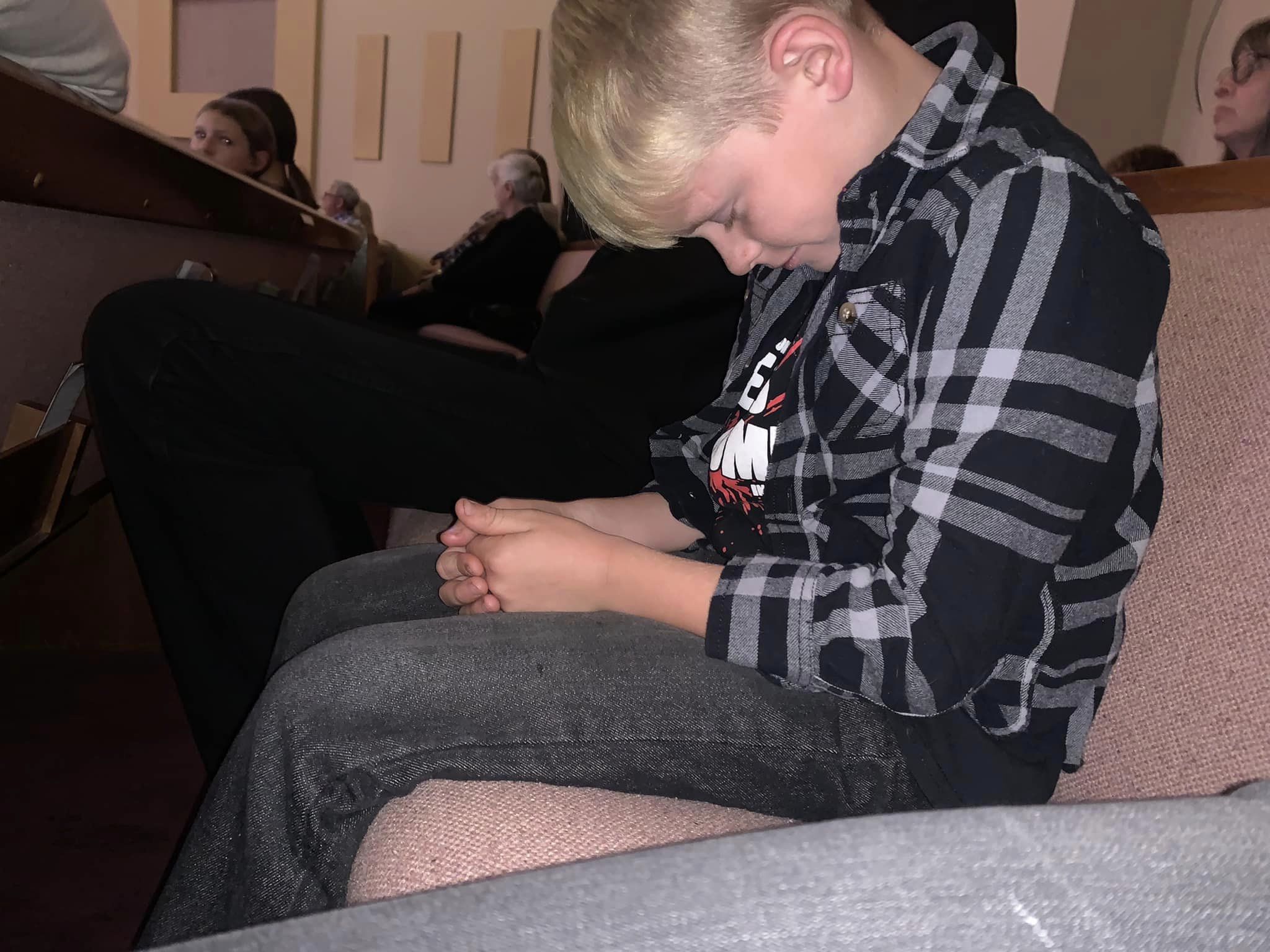FAUSTO GOMEZ OP
Lent is the appropriate time to examine our life, the light and the darkness in our soul (our sins).
We live in a secular, individualistic and materialistic world where sin is much denied, mainly because God is denied. There is a clear loss of the sense of sin and, more radically, of God. There is growing denial of the sense of personal sin: we still live in the “not-me generation.”
Sin, however, continues to be present today in our world, in our personal life. From the beginning of history, sin or disharmony or division or hatred or violence have been there: the disobedience of our first parents (cf. Gen3:124); the murder by Cain (Gen 4:1-18). “And if you do not do well, sin is lurking at the door: its desire is for you, but you must master it.” Cain did not master it, and murdered his brother Abel: “Where is your brother Abel?” Cain answered God: “I do not know; am I my brother’s keeper?” Yes, you are. Yes, we are all brothers and sisters of one another!
There is sin in our world. And there is sin in our hearts. Jesus of Nazareth said it well to those who wanted to stone a woman caught in adultery: “If there is one of you who has not sinned, let him be the first to throw a stone at her” (Jn 8:7). Nobody did, of course. We are all sinners, St. Paul says, and adds: “of whom I am the foremost” (1 Tim 1:15). St. Cyprian:“He [the tax-collector] did not put his hope of salvation in confidence of his own innocence, since in fact no one is free of guilt, but rather he confessed his sins and prayed humbly. And he who pardons the humble heard his prayer.
Sin is moral evil, a bad human act, a failure in human self-realization, undue attachment to things and consequent detachment from God. Habitual sins, vices are darkness. Commenting on Judas’s betrayal of Jesus on a night, St. Augustine says: And Judas was night because the sinner carries the night within himself. Sins may rule our life and make us like slaves (Rom 3:9; 7:14). Indeed, “Everyone who commits a sin is a slave of sin” (Jn 8:34). Sin is bad use of freedom. The Bishop of Hippo tells us in his Confessions that when he was in sin – when as a young man and lived a loose life – he had “the freedom of a run-away slave.”
Sin is taking a stand against God (S. Kierkegaard), a betrayal of love – as the sin of the prodigal son. Sin is an abuse of freedom that disrupts our relationship with God, with ourselves, with others and with nature (Vatican II, GS 13). “From the sin of Adam and Eve, sin presents itself as promise, but it is no more than an illusion and a lie” (A. Peteiro).
Not all the sins are equally grave. Christian tradition speaks of venial or light sin, and mortal or grave sins. Jesus said to Pilate: “The one who handed me over to you has the greater guilt” (Jn 19:11). The definitions of sin apply formally to mortal or grave sins, sins which cut off our graceful and loving relationship with God and with one another. No real difference between mortal and grave sins: “There is no middle way between life and death” (John Paul II, Reconciliatio et Poenitentia).
Vatican II speaks of sins that are infamies and cry to heaven: Any type of murder, genocide, abortion, euthanasia, willful self-destruction, what violates the integrity of the human person, whatever insults human dignity, such as subhuman living conditions, arbitrary imprisonment, deportation, slavery, prostitution, the selling of women and children, as well as disgraceful working conditions (Vatican II, GS 27; cf. CCC, 1867).
A well-known distinction of sins is the one referring to the seven capital sins. All that is in the world is the lust of the flesh, and the lust of the eyes, and the pride of life (I Jn 2:15). Lust of the flesh: gluttony and lust. Lust of the eyes: Avarice or greed. Pride of life: vainglory, spiritual laziness, envy and anger. Pride is the king of all capital sins.
Our sins have a personal and social dimension for we are individuals and social beings. Among the properly so-called social sins are: oppressive social structures, situations that promote selfishness, such as tax evasion, unbridle consumerism. Sins also invite us to cooperate in the sins of others like graft and corruption. In truth, all our sins affect negatively our community, our family: “There is no sin in thought, word or deed, no matter how personal or secret, that does not inflict injury upon the whole fellowship” (Bonhoeffer). Really, every sin is a failure in love. Bernanos defines hell in his wonderful Diary of a Country Priest that “hell is not to love anymore.”
The direct cause of our sins is ourselves, the abuse of our freedom, which is properly speaking the power to do good, not evil. Other people may cooperate in our sins and vice-versa. We, Christians, speak of the evil one, the devil. Each one of us, if free and responsible, is the cause of his or her sins. In fact, the fat ego is the main cause of our sins. We may say with St. Thomas Aquinas that the love of self is the cause of all sins (cf. STh, I-II, 77).
The effects of sins are disharmony, disruption, division – unhappiness. Sin makes us old. Sin is indeed bad company, opposed to what we all want in life: happiness, which is made up of humble prayer, faithful hope and peaceful, joyful and compassionate love.
Lent is a very good time to say no to sin and yes to love.


 Follow
Follow


